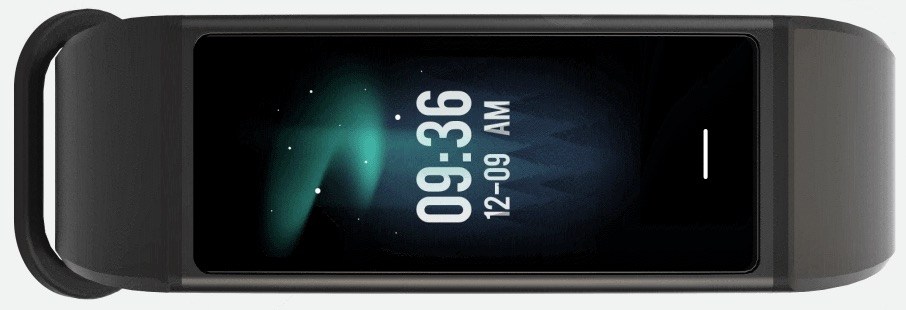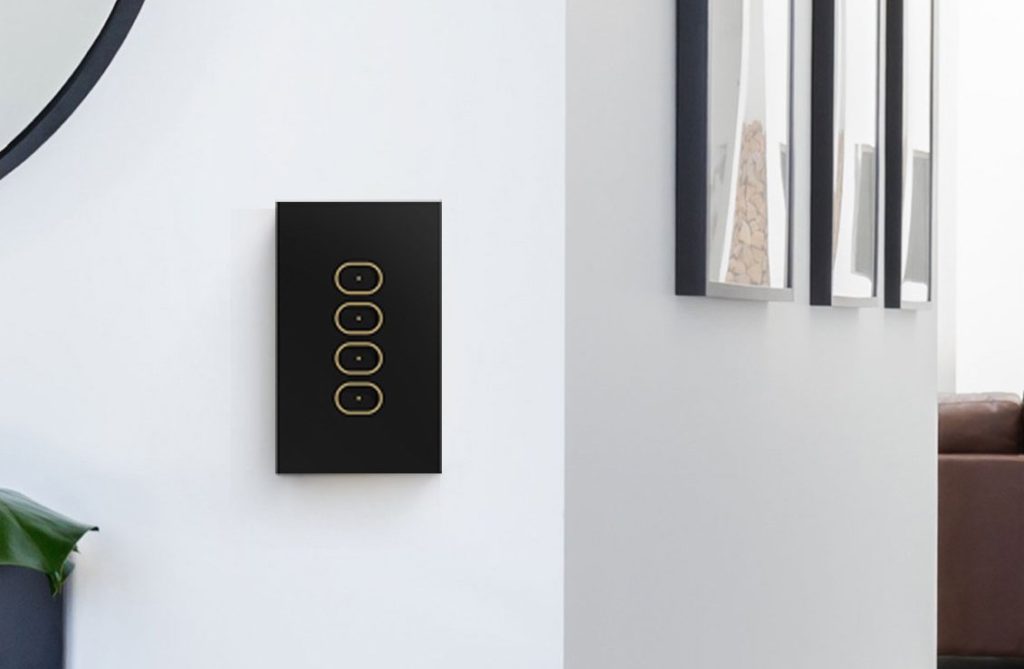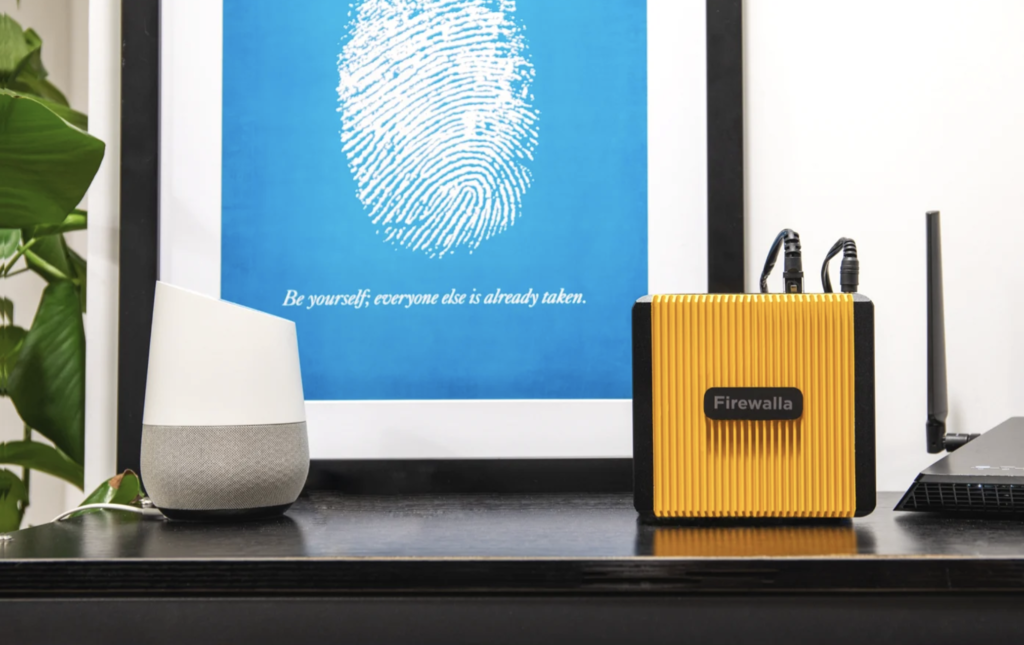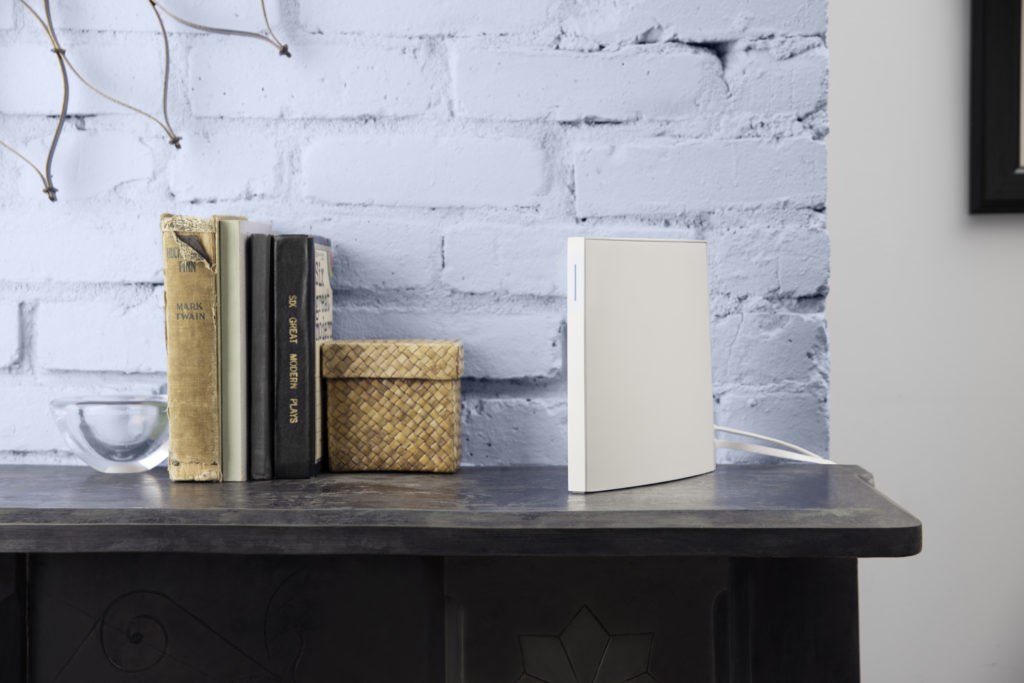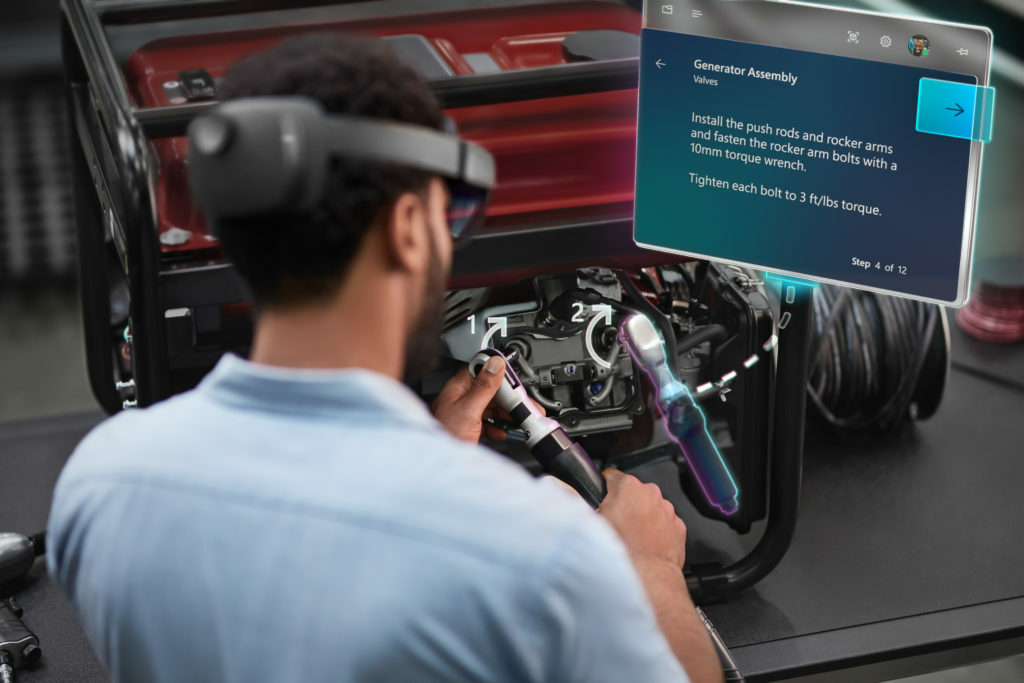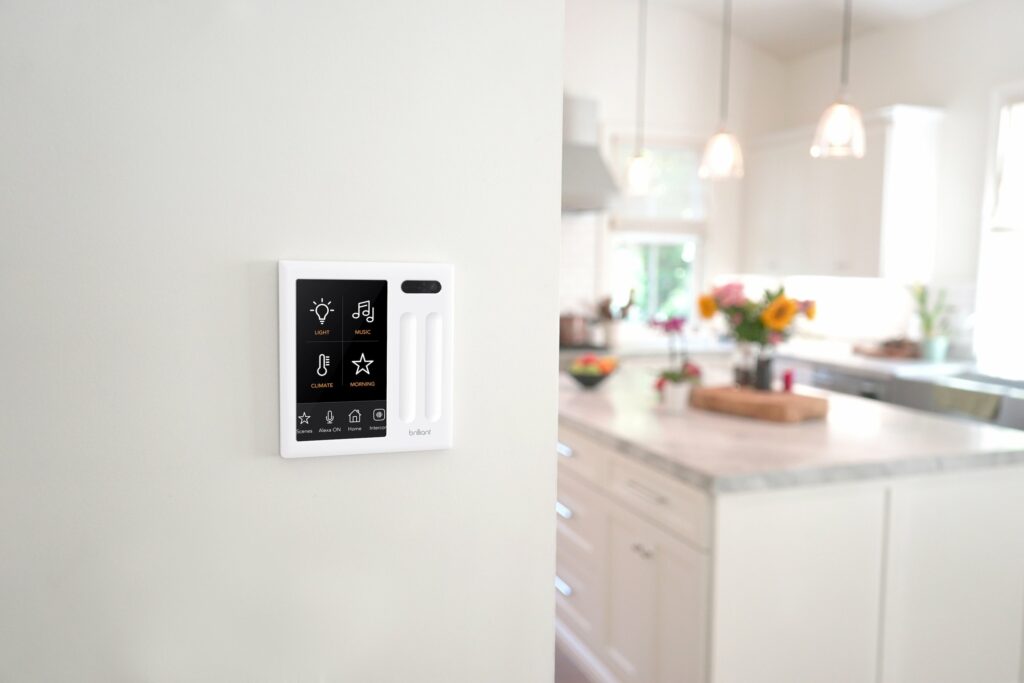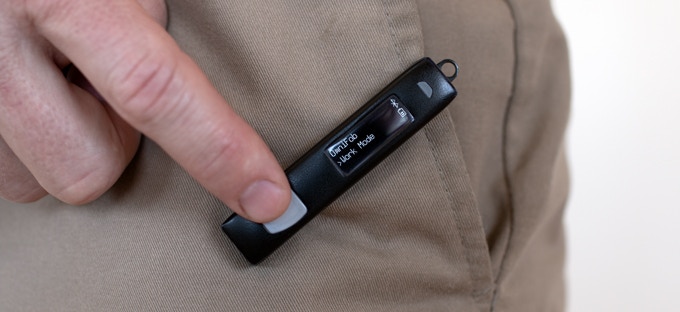Kevin and I kick off this week’s show discussing COVID-19 again. We start with a virus tracker for Home Assistant, a handwashing sensor, relaxed healthcare rules, disaster relief networks, Israeli tracking software, and Kevin’s tips for connected workout gear and online resources to keep you fit while quarantined. We then talk about a partnership for smarter SIMs with Thales Telstra, Microsoft, and Arduino before talking about some scary security research. Smart speakers, Sonos’ new OS, Amazon open-sourcing its checkout-free shopping system, and a smart ring that doubles as an activity tracker, round out the news. Finally, we answer a question about whole-home smart lighting.
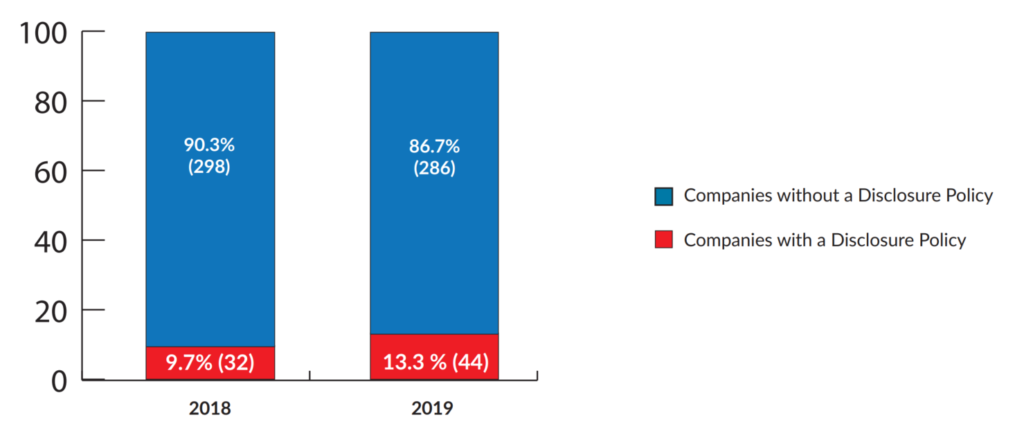
Our guest this week is Nick Dawson, who has had several roles at the intersection of medicine and design at places such as Stanford, Johns Hopkins, and Kaiser Permanente. We talk about the state of telemedicine today and where it may go after COVID-19 forces changes in the current medical system. We also talk about the role of connected health gadgets in these times, and advice for individuals who want to help solve some of the medical challenges facing us today. I learned a lot about why it’s 2020 and we still don’t have widespread telehealth.
Hosts: Stacey Higginbotham and Kevin Tofel
Guest: Nick Dawson, designer
Sponsors: MachineQ and LiveWorx
- Smart things for a viral pandemic
- Make ways for DuckLinks
- Smarter SIM cards are coming to the IoT
- What’s holding back telemedicine today
- Go ahead and buy an oximeter if you’re worried
Podcast: Play in new window | Download | Embed
Subscribe: RSS

